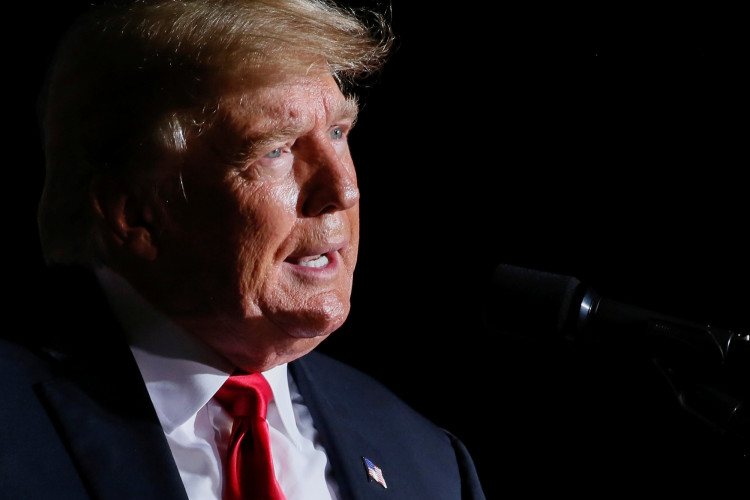The legal challenges facing former President Donald Trump are intensifying, with the New York trial over payments to Stormy Daniels drawing particular scrutiny amidst a broader array of legal entanglements.
This case, as highlighted by former Watergate prosecutor Nick Akerman on CNN NewsNight, presents significant implications for Trump, asserting, "This case involves Donald Trump basically defrauding the voters in the 2016 election." Akerman's perspective underscores the gravity of the allegations, which extend beyond mere financial misconduct to encompass potential electoral manipulation.
Compounding Trump's legal woes is the recent postponement of his trial in Washington, D.C., initially set for March 4, related to alleged election subversion activities leading up to the January 6 Capitol riot. The delay, influenced by appeals regarding presidential immunity, represents a strategic pause in one of the most politically charged cases against Trump.
U.S. District Judge Tanya Chutkan's decision to postpone the trial underscores the complex legal arguments surrounding the extent of presidential privileges and their implications for accountability.
The New York case, spearheaded by Manhattan District Attorney Alvin Bragg, is particularly notable as the first criminal case filed against Trump. It centers on allegations of falsifying business records to conceal hush money payments to Daniels, with Trump facing 34 felony charges. The case's significance is amplified by its timing, preceding other major trials Trump faces, including the federal election subversion case and a separate investigation into the handling of classified documents at Mar-a-Lago.
Trump's legal strategy appears to focus on delaying these trials, particularly to push the federal election subversion case beyond the 2024 presidential election. Advisers to Trump have indicated that further delays will be sought, emphasizing the absence of a new trial date in Judge Chutkan's order as a key aspect of their approach.
The legal landscape is further complicated by the diverse nature of the charges Trump faces across different jurisdictions, from federal to state levels. The New York case, while seen by some as less complex than others, sets a critical precedent for the sequence of Trump's legal battles. It offers an initial test of the public and judicial response to the allegations against him, potentially shaping the narrative for subsequent trials.
Amidst these legal challenges, Trump and his team are framing the trials as politically motivated attempts to undermine his electoral prospects. This narrative, aimed at galvanizing support among his base, underscores the intersection of legal and political strategies in Trump's response to his mounting legal challenges.
As Trump navigates this precarious legal terrain, the outcomes of these trials will have profound implications not only for his personal fate but also for the broader political landscape in the United States. The convergence of legal issues ranging from hush money payments to election interference presents a multifaceted challenge for Trump, testing the resilience of his defense strategy and his political viability amidst unprecedented legal scrutiny.






